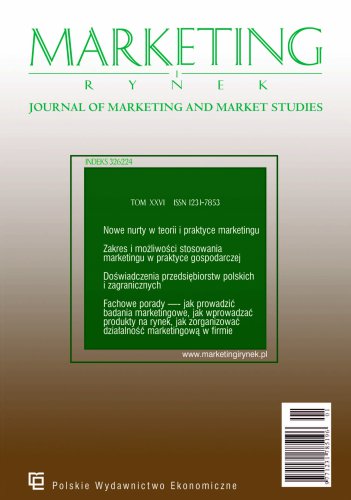Credibility of opinions published online depends on credibility of the site where these opinions can be found (e.g. webpage, chat, and forum) as well as the author (sender of message). Depending on who gives opinion, where it's placed and what it concerns, they can be perceived as more or less credible source of information. The main purpose of this article is to identify personal sources of information (eWOM senders) that are treated by consumers as credible opinion providers. The additional purpose is to examine both how customers (if at all) verify message and eWOM sender, and what they pay attention at. In order to achieve the assumed research objectives, 10 IDI's were conducted. Participants were purposively sampled from the panel of Internet users delivered by Mobile Institute (research agency) and with control of such variables as: gender, age, place of residence and purchasing activity in the Internet. It was found that perhaps it would be worth introducing the category of befriended expert to ewom's credibility studies.
Keywords: eWOM; credibility; qualitative study

